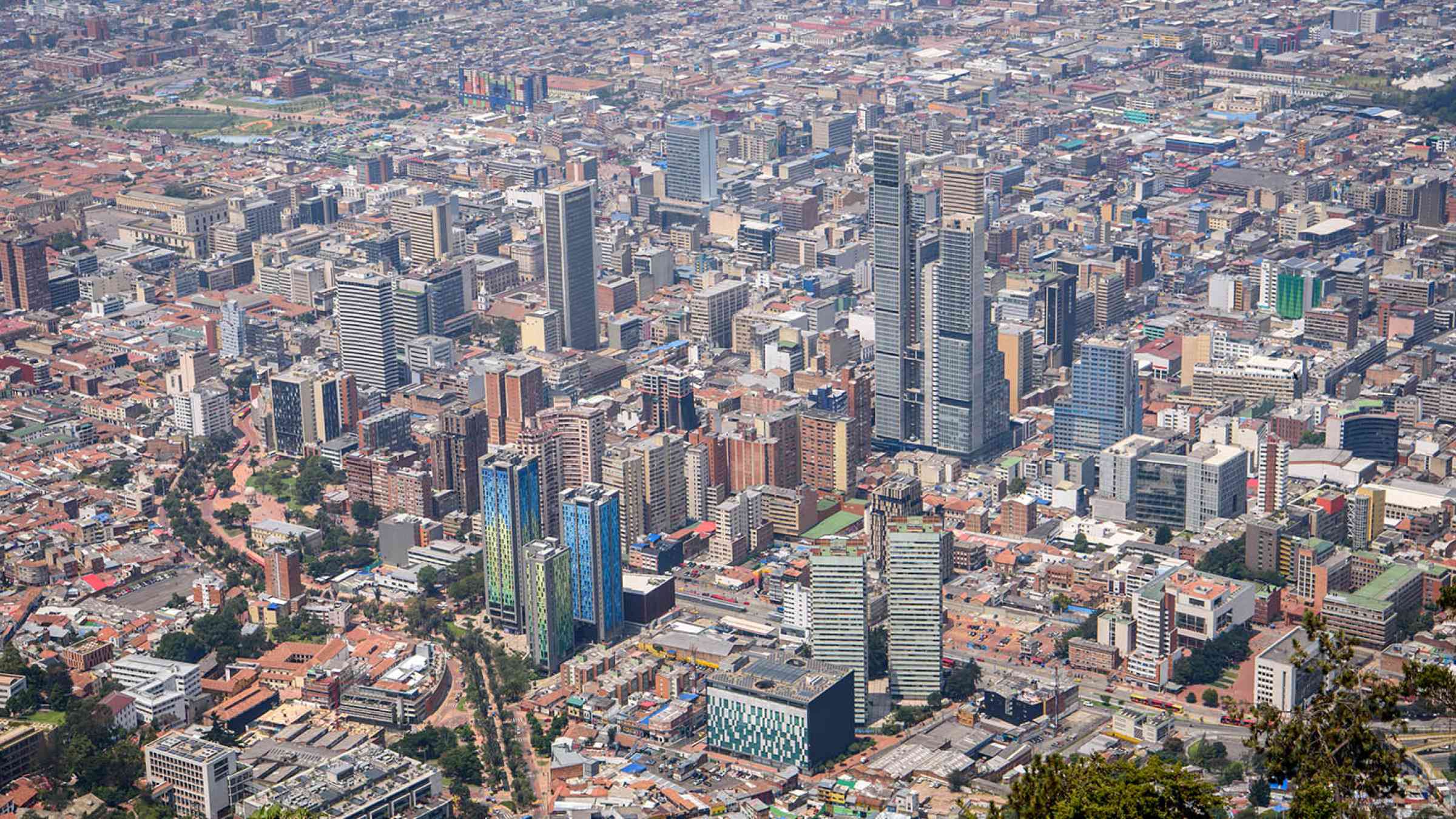Colombia kicks-off new disaster risk reduction effort as El Niño takes hold

Colombia’s national disaster management organization, Unidad Nacional para la Gestión del Riesgo de Desastres (UNGRD), has just announced a new forward-leaning disaster risk reduction (DRR) initiative to help deal with the nation’s significant exposure to climate-induced hazards. In the grips of El Niño, millions in Colombia face significant water shortages and a reduction in crop production, while others are enduring life-threatening flooding and property losses elsewhere in the country.
On August 9, 2023, UNGRD announced a new partnership with the University of Hawai’i’s Pacific Disaster Center (PDC) to collaborate on a National Disaster Preparedness Baseline Assessment which will help Colombia develop new knowledge about risk and vulnerabilities and analyze disaster management capacity to inform mitigation strategies and resilience-building initiatives.
“This partnership offers the national government the opportunity to analyze and gather data and information necessary to anticipate risks effectively and guide the formulation of policies and investments to prevent losses and damages within the national territory.”—UNGRD
“As with most disasters, the most vulnerable populations such as women heads of households, and ethnic peoples suffer the greatest losses and economic impacts. These losses also include damage to domestic, farm, and wildlife animals. These initiatives support our ongoing commitment to the United Nations Sendai Framework for Disaster Risk Reduction, climate change adaptation, and the achievement of the United Nations Sustainable Development Goals that aim to ensure a better quality of life for all. Through this assessment, we are facilitating early action and more effective decisions that result in a safer and more resilient Colombia,” UNGRD said.
“As with most disasters, the most vulnerable populations such as women heads of households, and ethnic peoples suffer the greatest losses and economic impacts. These losses also include damage to domestic, farm, and wildlife animals. These initiatives support our ongoing commitment to the United Nations Sendai Framework for Disaster Risk Reduction, climate change adaptation, and the achievement of the United Nations Sustainable Development Goals that aim to ensure a better quality of life for all. Through this assessment, we are facilitating early action and more effective decisions that result in a safer and more resilient Colombia,” UNGRD said.
The National Disaster Preparedness Baseline Assessment is an internationally recognized program developed by PDC that will use a scientific process to help improve the availability and reliability of risk data and early warning information in order to safeguard Suriname now and into the future.
“The National Disaster Preparedness Baseline Assessment is currently the only program designed to operationalize the Sendai Framework goals. It was recently awarded first-place recognition by the United Nations for its unique application of advanced technologies and actionable information.”—PDC’s Chief of Party and NDPBA Country Lead, Scott Kuykendall
Drawing upon local knowledge about these hazards, the assessment will involve national and subnational governmental stakeholders, nongovernmental organizations, and scientific, academic, and private sector groups that play an important role in disaster and climate resilience. PDC has also recruited one of its newest partners and long-time partner of Colombia, iMMAP Inc., to assist with data development and knowledge sharing. iMMAP Inc. has been working in Colombia since 2009 on multiple projects supporting the humanitarian assistance community including IOM, OCHA, UNDP, and the Resident Coordinator’s Office. Results of the assessment and multi-stakeholder collaboration are expected to be released within approximately 12 months following the August 9 kick-off workshop and exchange.
About PDC
Winner of the 2022 UN Sasakawa Award for Disaster Risk Reduction, the University of Hawai’i’s Pacific Disaster Center is a global leader in the application of life-saving disaster management science, early warning technology, and advanced analytics. For more than 28 years, the Center’s risk intelligence products have enabled decision-makers with the essential insights and information needed to act early to protect communities from hazards and save lives. PDC’s award-winning National Disaster Preparedness Baseline Assessment is helping nations around the world to operationalize the goals of the UN Sendai Framework, Sustainable Development Goals, and Paris Agreement.